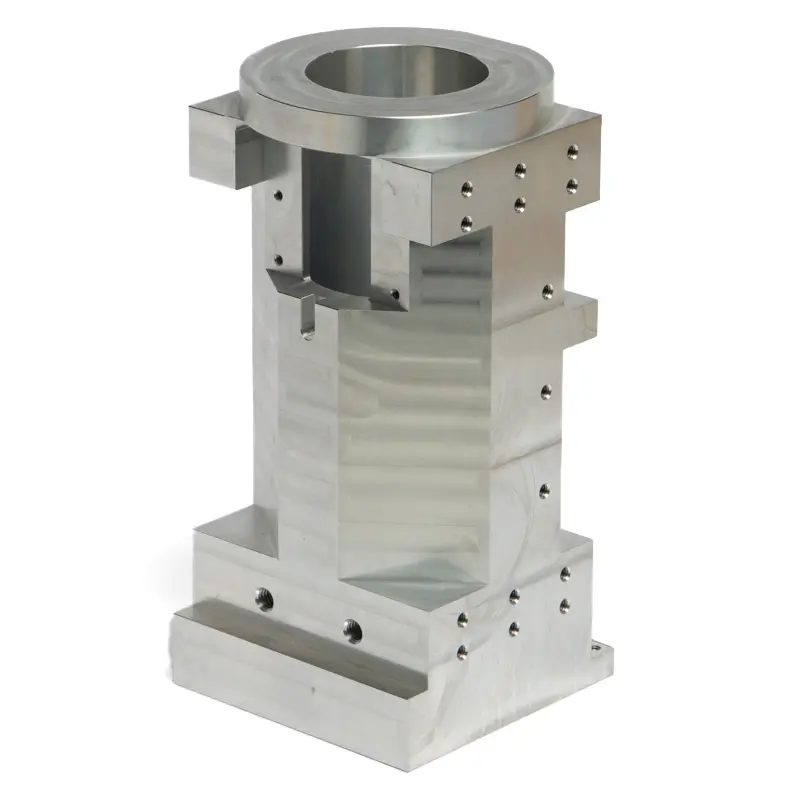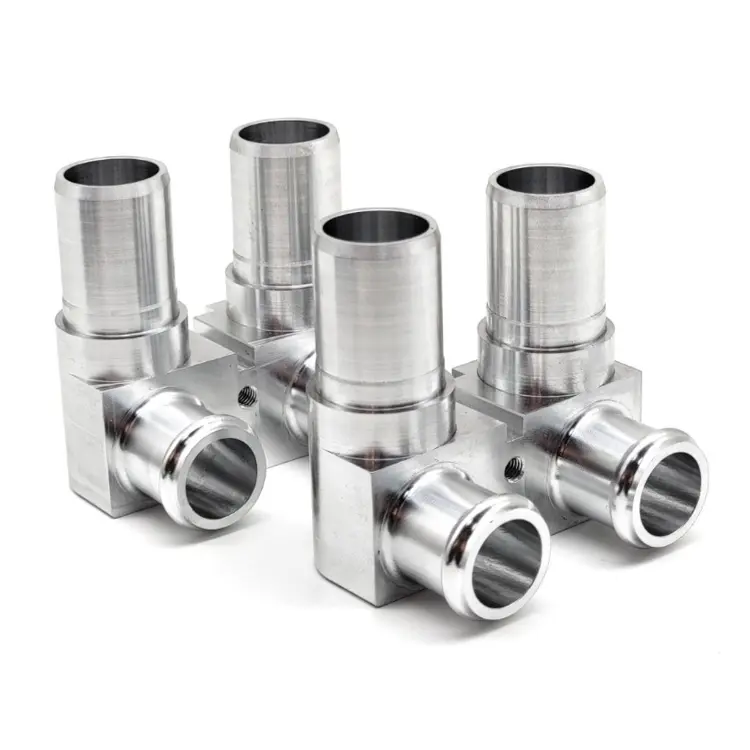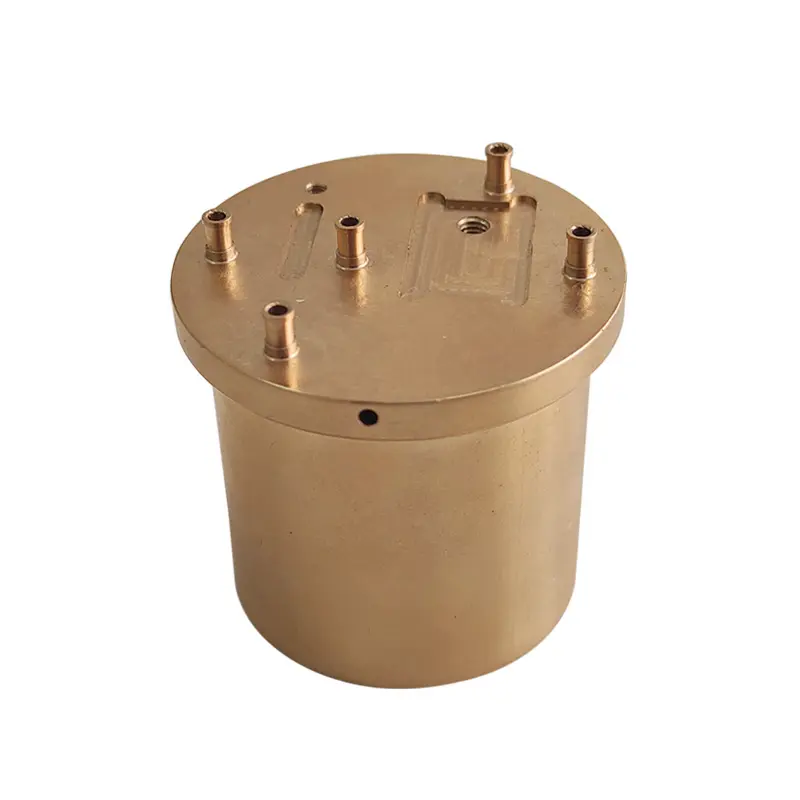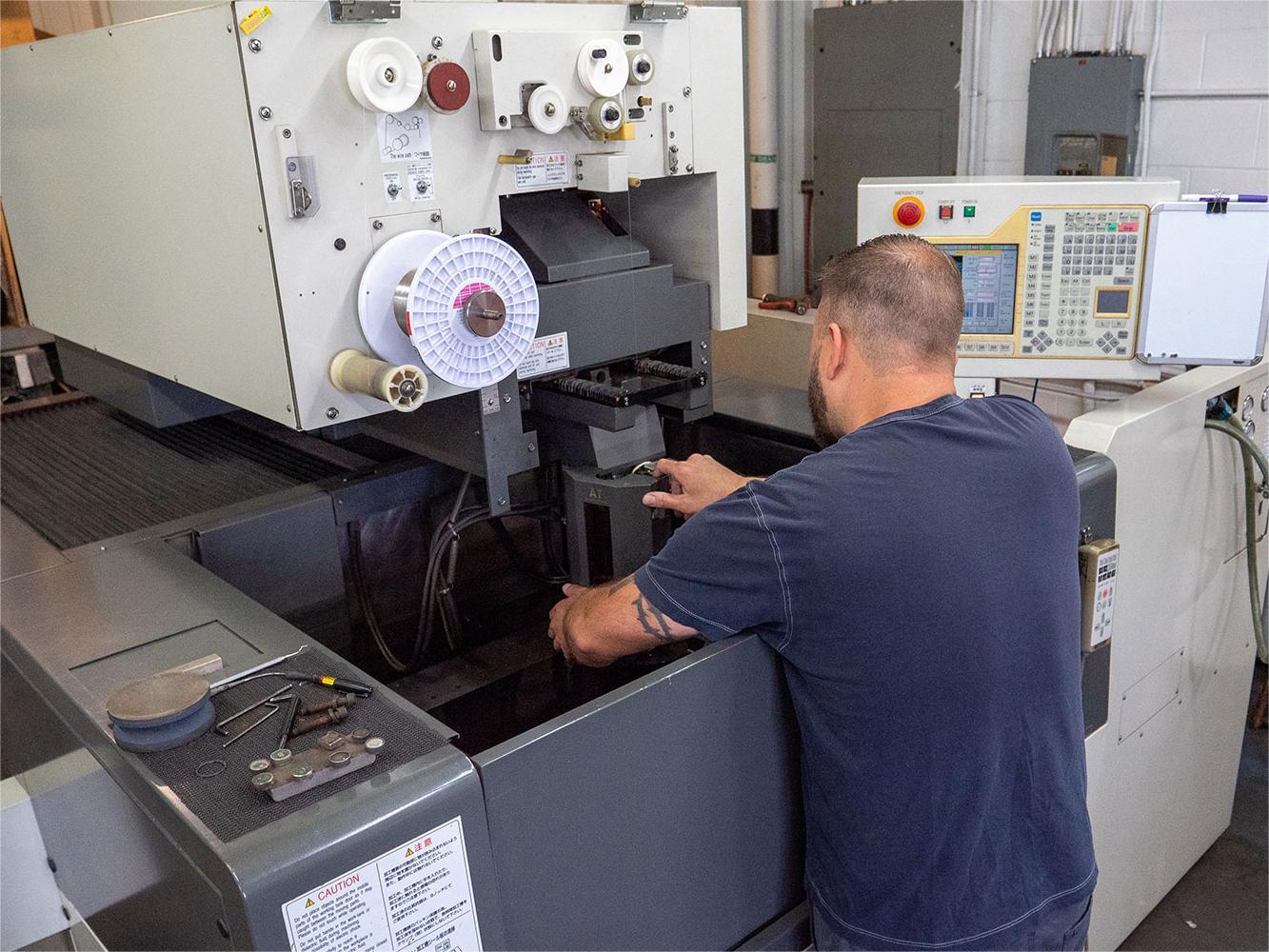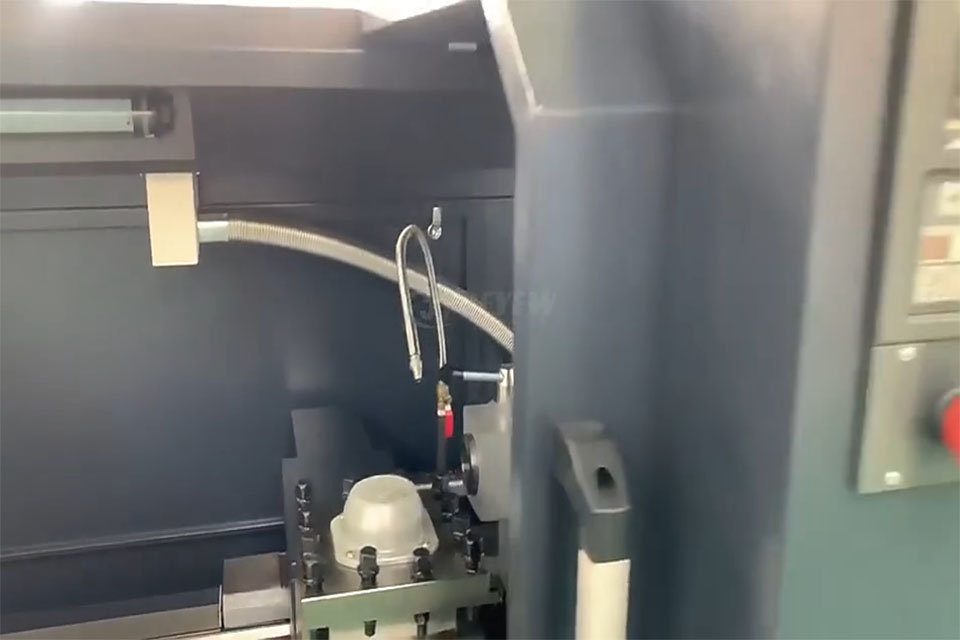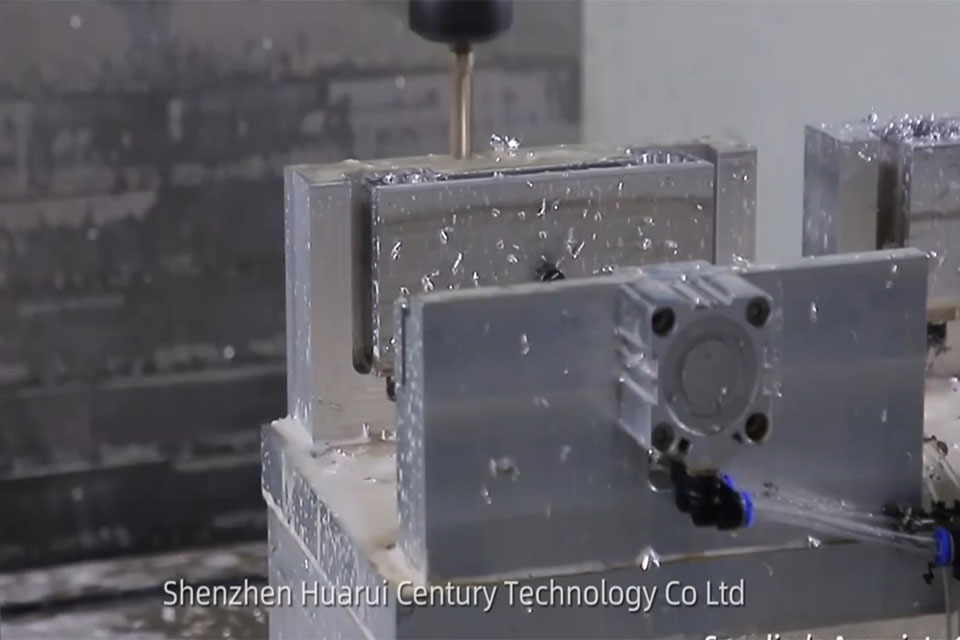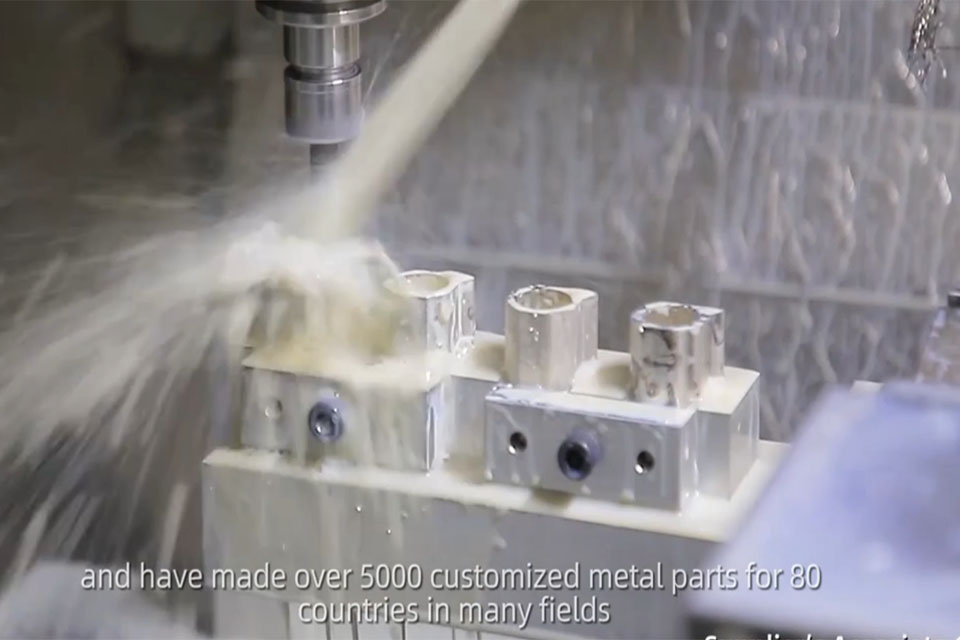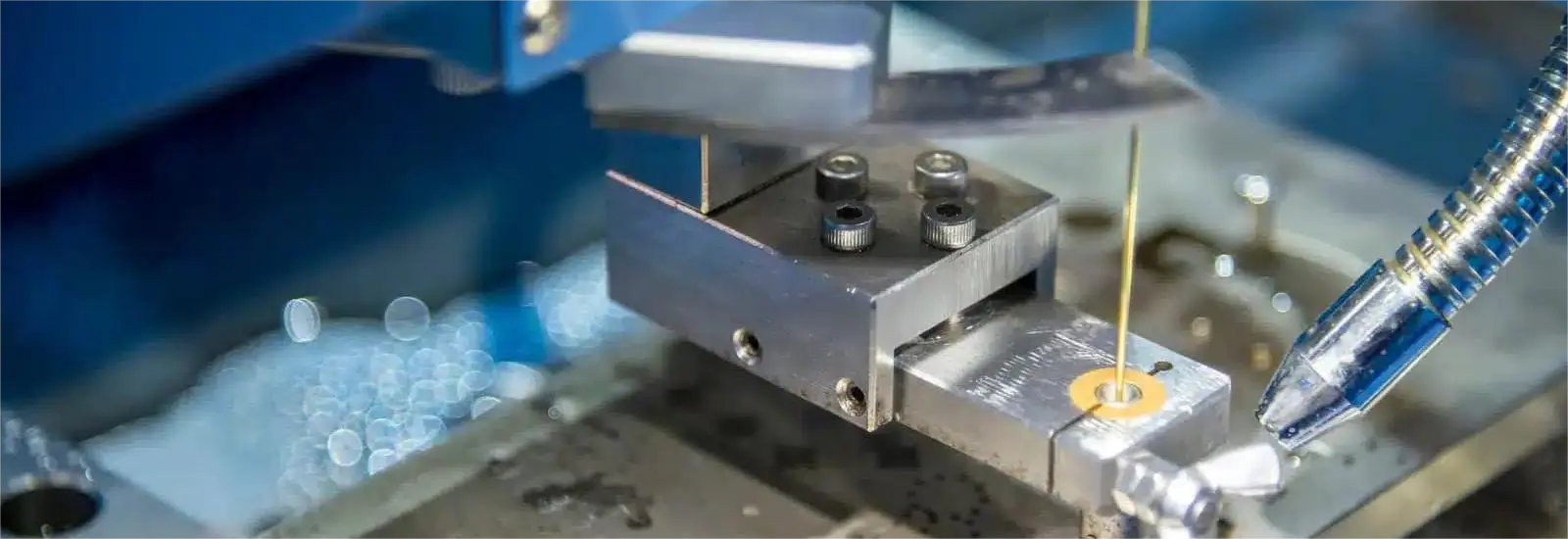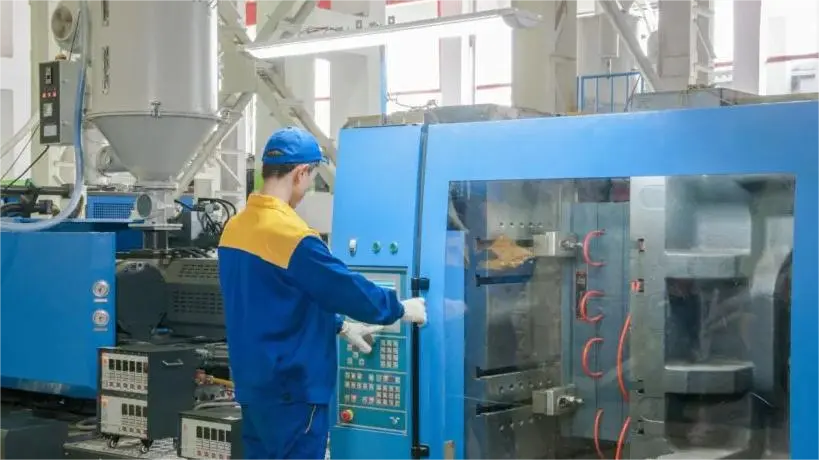
Maximizing Precision and Trust: The Ultimate Guide to CNC Machining Certifications
目录
导言

Why Are CNC Machining Certifications Essential for Your Business?
Certifications like ISO 9001, AS9100, and ISO 13485 are more than just formalities—they’re proof that your processes align with global standards. Here’s why they’re indispensable:
1. Ensuring Precision and Quality
In industries like aerospace manufacturing and medical device production, tolerances as tight as ±0.01 mm are common. Certifications ensure that every component meets exact specifications, reducing errors and enhancing customer satisfaction [[2]].
2. Building Customer Trust
Certifications act as a stamp of verification, reassuring clients that your processes are consistent and reliable. For example, an ISO 9001 certification signals a commitment to quality management, making it easier to win contracts in specialized markets [[3]].
3. Increasing Cost-Efficiency
By adhering to certification standards, companies reduce waste, minimize downtime, and optimize workflows. This translates to lower production costs and higher profitability [[4]].
Key CNC Machining Certifications You Need to Know
Here’s a breakdown of the most critical certifications for CNC machining services:
| 认证 | Focus Area | Applicable Industries |
|---|---|---|
| ISO 9001 | 质量管理 | All industries |
| AS9100 | Aerospace Standards | Aerospace, Defense |
| ISO 13485 | 医疗设备 | Healthcare, Medical Manufacturing |
| ITAR | Defense Compliance | Defense, Aerospace |
| ISO 14001 | Environmental Management | Manufacturing, Energy |
| ISO 45001 | Occupational Health & Safety | All industries |
How to Achieve CNC Machining Certifications
Achieving certifications requires a strategic approach. Follow these steps to ensure success:
1. Preparation and Training
Start by conducting a gap analysis to identify areas for improvement. Train your team on certification requirements and best practices [[5]].
2. Documentation and Implementation
Develop a robust Quality Management System (QMS) that integrates your workflows with certification guidelines. Document every process, from 数控铣床 至 精密加工, to ensure traceability [[6]].
3. Internal and External Audits
Regular audits validate compliance. Address any non-conformities identified during internal audits before engaging external auditors [[7]].
4. Certification and Renewal
Once certified, commit to continuous improvement through periodic reviews and updates to your QMS. Stay ahead of renewal cycles to avoid lapses [[8]].
Challenges in Maintaining Certifications
Maintaining certifications can be challenging, especially for small machine shops. Common hurdles include:
- Resource Allocation: Balancing compliance costs with operational expenses.
- Employee Engagement: Keeping staff motivated to adhere to QMS protocols.
- International Compliance: Navigating diverse regulations across regions [[9]].
To overcome these challenges, prioritize regular training, assign clear responsibilities, and collaborate with local regulatory experts.
Benefits of Partnering with a Certified CNC Machining Service
Choosing a certified partner ensures reliability and precision. Here’s what to look for:
1. Importance of Certifications
Certifications like ISO 9001 和 AS9100 demonstrate adherence to industry standards, ensuring consistent quality and compliance [[10]].
2. Assessing Capabilities
Evaluate the partner’s expertise in handling complex designs using CAD tools and their experience with materials like aluminum and steel [[11]].
3. Real-World Results
Look for case studies and customer feedback. A partner with proven success in industries like 医疗设备 或 机器人 is a reliable choice.
常见问题
What certifications are required for aerospace manufacturing?
AS9100 is essential for aerospace industries, ensuring compliance with strict safety and quality standards [[12]].
How do certifications improve cost-efficiency?
Certifications streamline workflows, reduce errors, and minimize waste, leading to lower production costs [[13]].
What is the role of third-party auditors?
Third-party auditors verify compliance with certification standards and help identify areas for improvement [[14]].
Can certifications help access new markets?
Yes, certifications like ISO 13485 open doors to specialized markets, such as medical device manufacturing [[15]].
How often should certifications be renewed?
Most certifications require renewal every three years, with regular audits in between [[16]].
结论
CNC machining certifications are more than just compliance—they’re a pathway to excellence, trust, and growth. By investing in certifications, you can:
- Deliver consistent, high-quality results.
- Build long-term partnerships with clients.
- Access specialized markets like 航空航天 和 医疗设备.
- Optimize operations for cost-efficiency and sustainability [[17]].
Ready to elevate your CNC machining capabilities? Explore our range of 数控解决方案 和 制造服务 今天!

评论
出色的产品案例
标签
相关博客
从我们的博客中获取有关 CNC 加工的最新趋势和事实。




